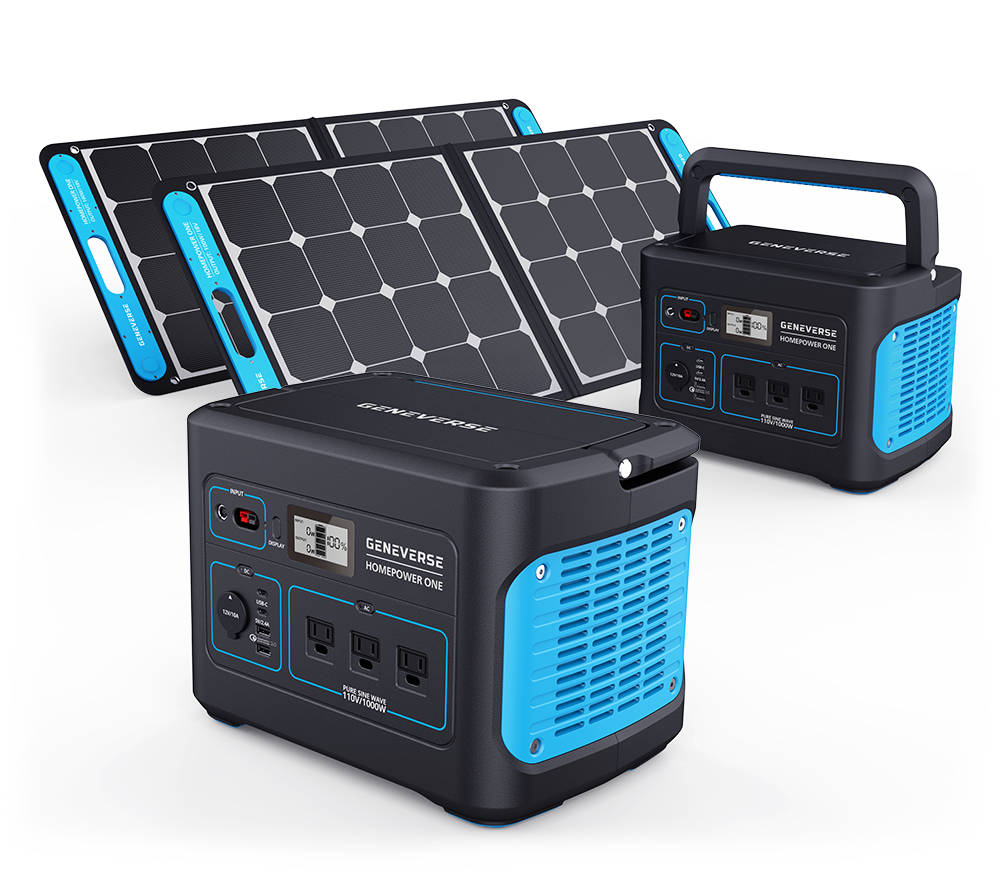As humanity continues its quest for clean and renewable energy solutions, solar power is becoming more and more of a viable and economical option, especially for homeowners. Those who are looking to utilize solar energy may be looking to make the transition as quick as possible.

However, it’s beneficial to conduct an extensive amount of research and to also prepare your home for solar power installation. Below, Geneverse goes over a few items to consider as you make the exciting leap forward into clean, green energy.
Roof Inspection
If you have experience with contracting, performing a roof inspection will help you get an idea regarding how many solar panels your home can accommodate, not to mention if you have a large enough roof for solar panels.
Those who don’t have contracting experience can hire a professional to assess the situation for you. The size of your roof is not only important for determining how many solar panels you can install, but it’s also important for calculating how much of your energy bill solar power can offset.
Your roof needs to be strong and reinforced enough to bear the weight of solar panels. Performing any necessary repairs before installing your solar panels will ensure there are no problems down the road.
Pro Tip: Install your solar panels facing south or southwest and angle them in the proper direction so you can harness the most solar energy possible. If you have a flat roof you may need extra equipment that helps solar panels reach the correct angle.
Meter or Battery
One big decision you will have to make when opting for solar power will be choosing either a meter or battery storage, which will come into play when your solar power system produces excess energy.

If you opt for a meter, your utility company will install it and monitor consumption and excess energy, ultimately determining how much credit you earn for the difference.
Battery storage allows you to store extra energy and use it during times of day when there is peak demand. The right type of battery will help you seamlessly transition from grid energy to solar energy, in many cases at the press of a button. Battery storage ultimately gives you more control and puts you in the position to own the power your solar energy system generates.
Research Local Regulations
Many states have different regulations when it comes to solar energy and home solar power systems, so familiarizing yourself with regulations that will apply to you will make an easier transition.
Look into or inquire about local or state compensation rates for the excess electricity your solar power system generates. In many states, utilities will compensate solar energy producers for their excess electricity that gets brought back to the grid – this process is typically called net energy metering.
The PowerPillar ESS: Complete Home Energy Storage
Geneverse is excited to announce our complete home energy storage system – The PowerPillar ESS. We are proud to usher in the next generation of reliable home power at the most cost-efficient rate available on the market.

The PowerPillar ESS is a truly universal home energy storage solution and is designed to make self-sustainable power available for every home, with the flexibility and scalability to meet homeowners’ power needs today and into perpetuity. Contact Geneverse today to learn more about how we can help power your home for good!




Leave a comment (all fields required)